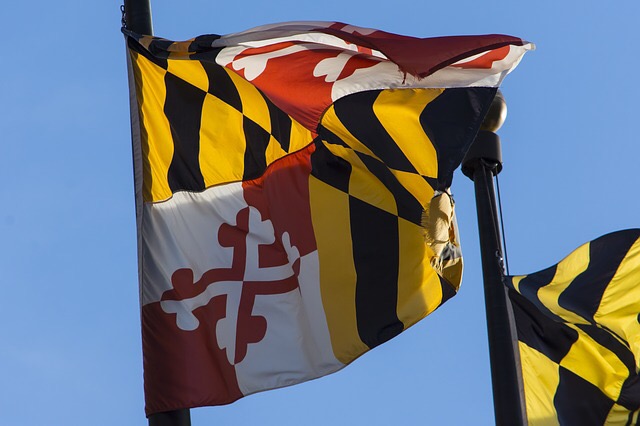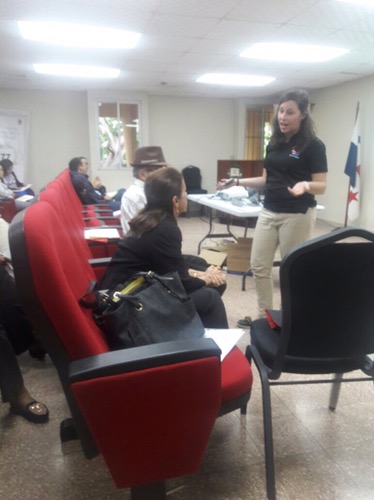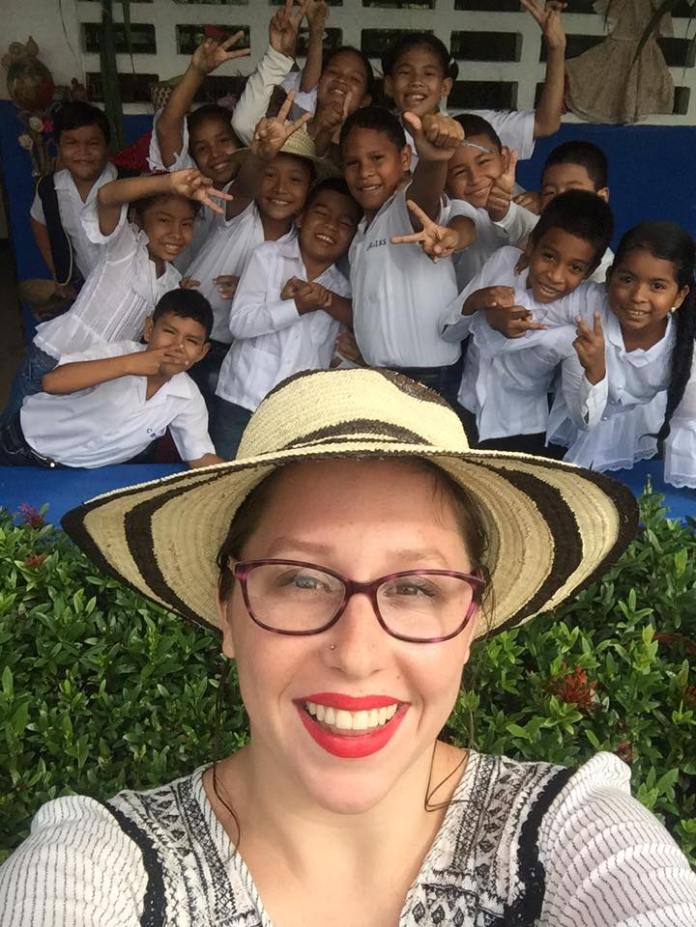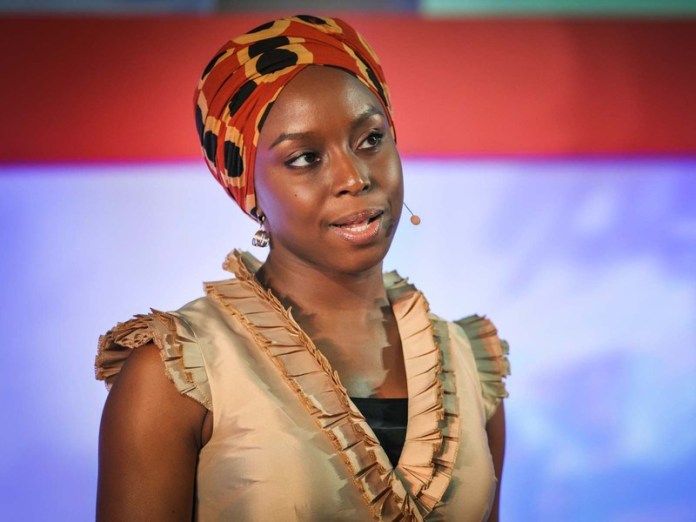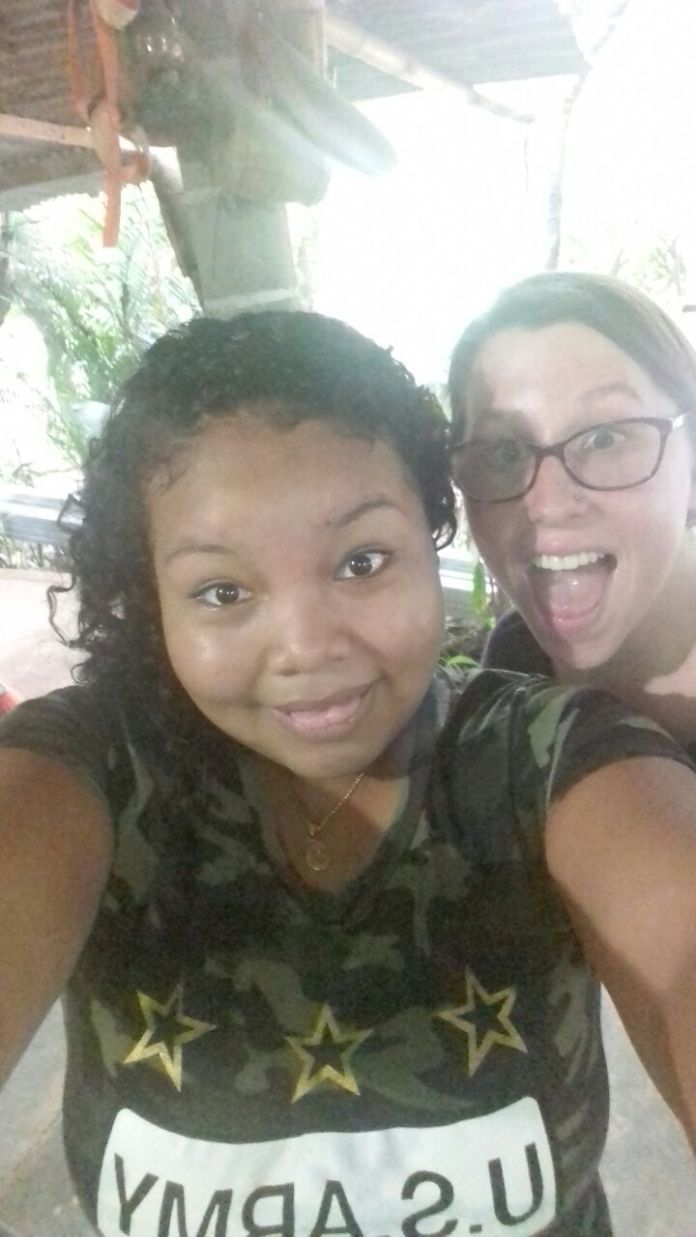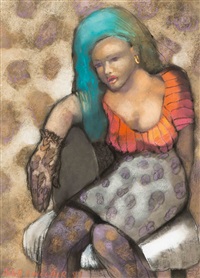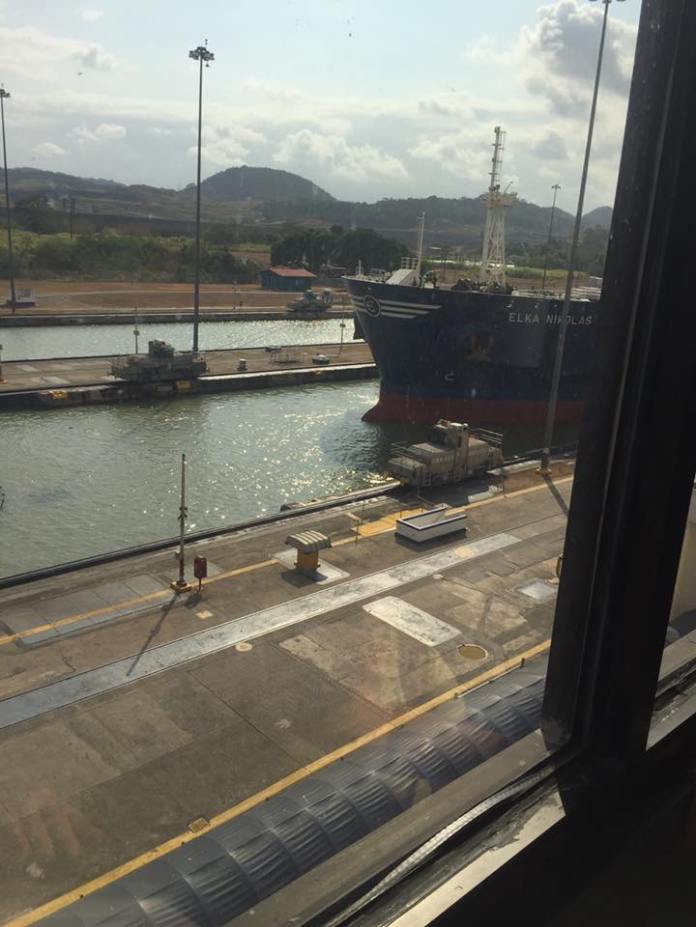This post is part of Blogging Abroad’s 2017 New Years Blog Challenge, week four: Change and Hope.
Dear Someone New,
Welcome to La Pintada, Panama! By now you’re through training and you’re getting ready to ship off, bags in hand, to the wonderful community where you will spend your next two years living, laughing, working, crying, and, if you’re anything like either of us volunteers who have preceded you, adopting cats. I know Peace Corps gives you a few sheets of paper telling you about La Pintada but I’m sure you’re wondering what its really like. Let me tell you.
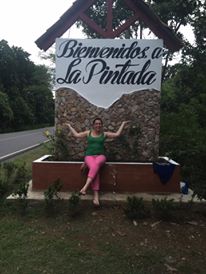
People here are friendly so you should say buenas to pretty much everyone you meet. It helps form your presence in the community and people appreciate it. The infoplaza in the municipio has air conditioning and free internet access—do you know how amazing that is?? Not to mention all the other cool things that the community hosts. Visit the sombrero pinta’o museum and check out how they’re made. Go to one of the many artisan markets and check out all the things people make. If you’re into soccer there are games every weekend!
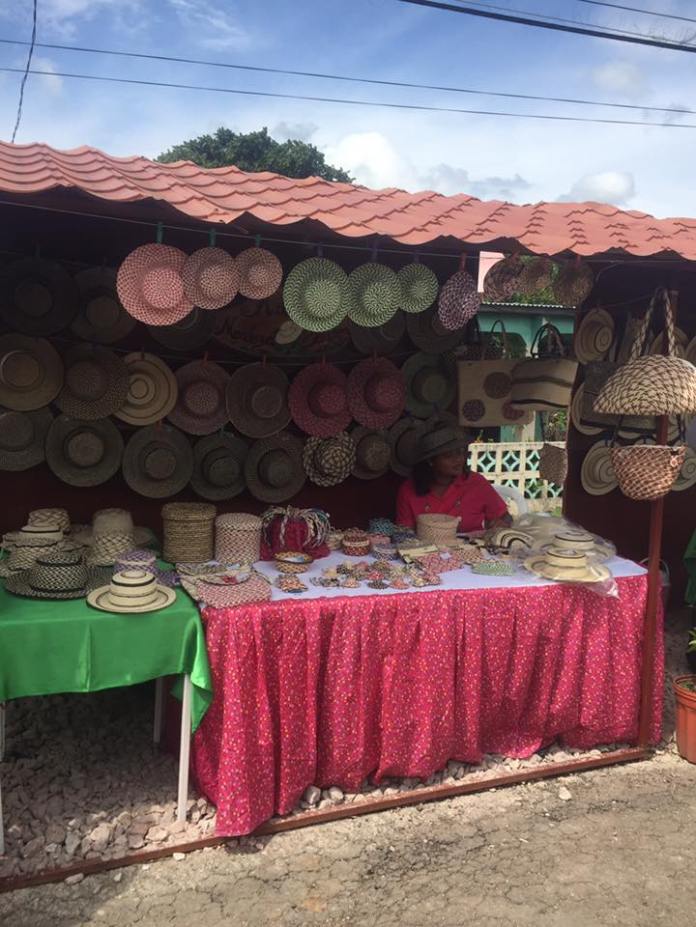
Find time for you—people may not understand right away but it’s important to have you-time. Take a day to cook your favorite meal, cuddle the cats you adopted (you did adopt cats, right?), clean your house, read a book, watch a movie—anything that makes you happy! Don’t fall into the personal time trap though. If things have been bad lately try getting out in the community. Visit someone you like to talk to, go buy a coke at the mini super, go to the infoplaza to watch buzzfeed videos—basically do anything that gets you out of the house for a little bit and gets you saying hi to people. You’ll be amazed at how little things like that can boost your energy and motivation levels.
The last piece of advice I’ll give you is this—be patient and say “yes.” If you don’t understand something, ask about it! If you still don’t understand just give it some time. You’ll be amazed how many things become clear after a month or so. Be patient with yourself too. If your Spanish isn’t where you want it to be try not to worry. Talk to people, keep practicing; you’ll get there! And say “yes” to things! Go to the baile at least once even if you hate dancing. Accept an invitation to bake cookies at your friend’s house. Basically, be Jim Carrey in “Yes Man” (A seriously underrated movie in my opinion). Know that you’re not alone in this crazy thing we call Peace Corps service and reach out to your community and to other volunteers. But most of all enjoy your time here because its short and its beautiful and nothing will ever compare to it.
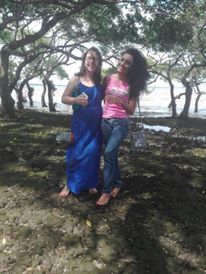
Say “yes” to visiting the playa salada
Best,
Someone Old
